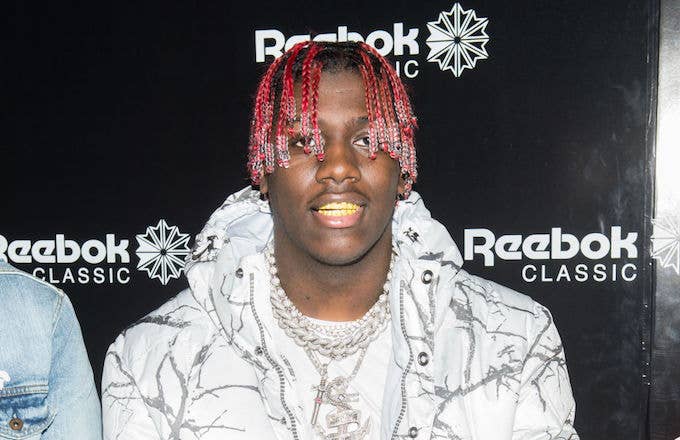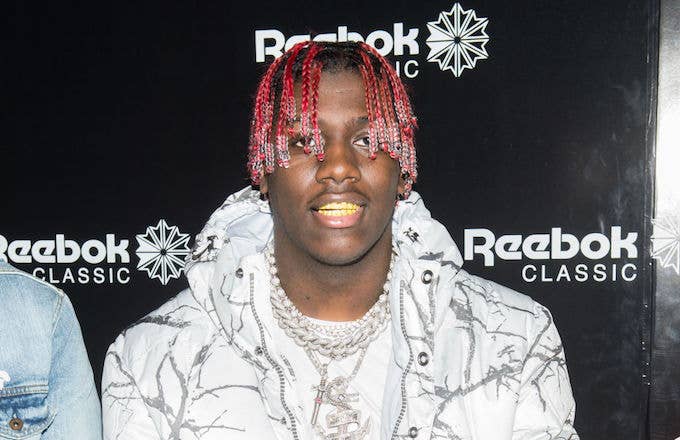
If there’s one topic that’s sure to get any rap fan (or debate show) riled up, it’s the generation gap. Rappers of old studied their musical history and knew and paid respect to their forebears. Young artists today, on the other hand, don’t care about the past and don’t care to learn. It seems that no one on the rise today knows who 2Pac is, whereas the old heads had to study up to become rappers in the first place.
Except that’s not how it is at all. If you can put aside the headlines and the theatrical disses, you’ll discover that older and younger artists have a lot more in common than you might think.
Erick Sermon grew up with a record collector father, so he knew his soul and funk music. But when it came to hip-hop, the aspiring rapper, born in 1968, didn’t pay much attention to rap beyond the obvious hits until a new generation of artists closer to his own age came around.
“I don’t even know it. I feel kind of bad,” he told a recent interviewer about early rap groups. “The Treacherous Three and the ones before me, I heard of them, but I didn’t [become] a fan of rap until Run-DMC.”
Run-DMC’s iconic first single came out in 1983, and Sermon’s group EPMD began making demos only two years later. 6ix9ine has followed a similar time frame, 35 years later. He mentioned to Whoo Kid that his own formative influence was Chicago rapper Rondo Numba 9, whose big hit “Hang Wit Me” came out in 2013. Speaking of his listening habits before that, the “Gummo” rapper said, “I didn’t know shit about rap.”
The same dynamic is at play with most acts past and present. Since at least the days of LL Cool J (just 17 years old when his first album came out), teenage rappers have largely been influenced by the music they grew up on, which is to say the music of the previous five to ten years. For pretty much any teenager, anything before that might as well have come from the Stone Age.
Lil Yachty, a comparably ancient 19 when his debut album was released, cites Lil B and Soulja Boy as formative influences. While that may sound crazy to anyone who remembers life before cranking that, it actually makes perfect sense. Yachty is influenced by the music of his childhood—Soulja Boy’s first hit album came out in 2007, and the song that launched Lil B, “Vans,” was released only a few months earlier, at the tail end of 2006. So to expect that Yachty would look any further back for his style, when we didn’t demand the same of EPMD or LL Cool J, doesn’t make sense.
LL’s formative influence was the Treacherous Three, who were poppin’ when Cool James started rapping at nine years old. Yachty similarly bases his sound on who was big when he was nine. The frame of reference is all that has changed.
The closer you look, the more examples you see of rappers of all stripes being almost exclusively influenced by the acts who were popular five to ten years before they started making music themselves. Tyler, the Creator, who first started gaining mainstream attention in 2010, has long championed Eminem’s 2009 release Relapse—there’s even an entire Reddit thread about it. And perhaps the single most influential album in the Odd Future head’s life? Pharrell’s In My Mind, released in 2006. Comparatively, the God MC himself, Rakim, who debuted in 1986, points to Melle Mel (breakthrough hit: 1982) and Kool Moe Dee (first recording: 1980).
Teenagers are doing what teenagers have always have done, and what hip-hop itself is premised on: taking what’s around them and turning it into dope shit.

